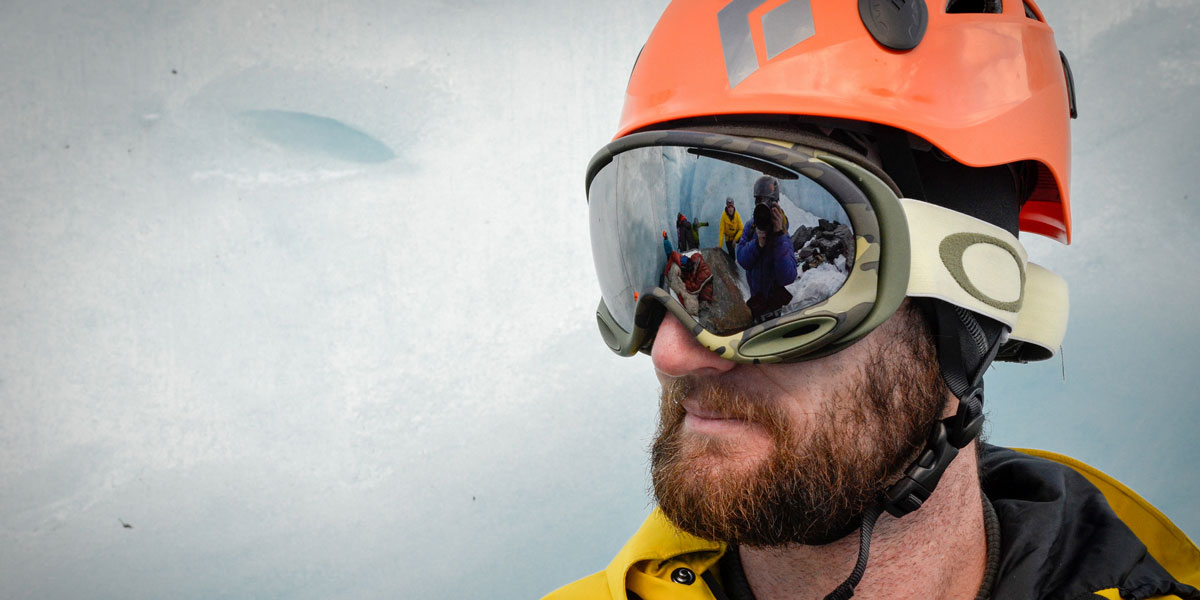Degree Outcomes

Degree Outcomes
Upon completion of the Associate of Applied Science in Outdoor Leadership students will:
- Evaluate their personal readiness for leadership through reflection on the synthesis of their course experience and by communicating leadership behaviors verbally and in writing
- Explain the benefits of outdoor recreation for individual and community well-being
- Evaluate risks associated with outdoor activities and identify methods to reduce and/or mitigate those risks
- Demonstrate proficiency in technical backcountry skills necessary for outdoor recreation professionals in the student’s areas of interest
- Demonstrate proficiency in event/trip/field excursion planning and hosting.
Certifications that can be offered at PWSC and the Outdoor Leadership Program
Type of Certification
Organization
|
Swift Water Rescue |
The River Company |
|
Outdoor Leadership Training Course |
Wilderness Education Association (WEA) |
|
Certified Outdoor Leader |
Wilderness Education Association (WEA) |
|
Leave No Trace Trainer |
Leave No Trace (LNT) |
|
Leave No Trainer Master Educator |
Leave No Trace (LNT) |
|
Sea Kayaking Skills |
American Canoe Association (ACA) |
|
Sea Kayaking Instructor Certification |
American Canoe Association (ACA) |
|
River Kayaking Skills |
American Canoe Association (ACA) |
|
Avalanche 1 |
American Institute for Advanced Research and Education (AIARE) |
|
Avalanche 2 |
American Institute for Advanced Research and Education (AIARE) |
|
Wilderness First Aid |
Stonehearth Open Learning Opportunities (SOLO) |
|
Wilderness First Responder |
Stonehearth Open Learning Opportunities (SOLO) |
A Few Words About Risk
Risk is a part of life. We all take a constant progression of risks throughout every day. That said, we each are responsible for choosing which risks we deem appropriate within our lives. The program is not designed for every student, and there are a number of inherent risks that we choose to take.
In addition:
- Many of our courses require good physical condition and ability to perform comfortably in extremely cold and/or inclement weather.
- Students may need to rent or purchase additional equipment for courses.
- Multi-day overnight trekking and camping are required.
- Courses will be occasionally carried out over uneven terrain, often without a trail, and may include river crossings or other hazards, depending on route and travel logistics.
- Students must be prepared to spend long days in potentially harsh terrain, with a number of environmental concerns to mitigate, including bears, mosquitos, moose, wolves, rivers, tides, weather, temperature, etc.









